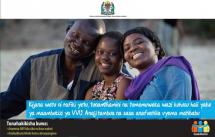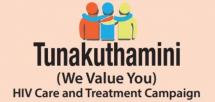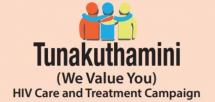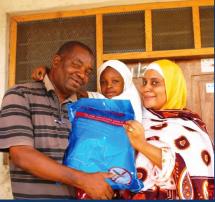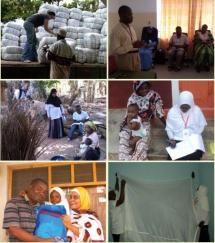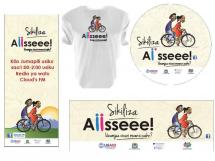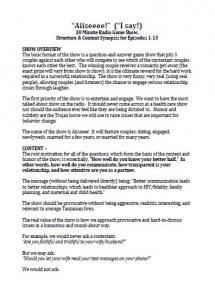Shuga Radio Series
These radio programs supported and enhanced the Shuga TV series throughout the campaign, using the same objectives and BCC messages as the TV drama. In the original series, developed in Kenya, the 12 episodes were followed by two 25-minute pre-recorded magazine shows which further explored the topics covered with young people, experts from the countries and global and national cooperating partners. The United Nations Children’s Fund (UNICEF) contributed to expanding the reach of MTV Shuga through radio broadcasting.
Radio project funding, beginning in season 3, was from UNICEF and the US President’s Emergency Plan For AIDS Relief (PEPFAR) Partnership for an HIV-Free Generation, with country governments, partners, and young people collaborating.
Source: MTV Staying Alive Foundation
Date of Publication: March 25, 2019
SIMILIAR RESOURCES
Tools
Examples
- Community Communication MNCH e-Manual: Participatory Health Promotion Sessions
- Guidance for Providing Informed-Choice Counseling on Sexual Health for Women Interested in PrEP: Kenya and South Africa
- PrEP Communications Accelerator
- Driving the HIV response: Community Guide to the WHO 2013 Consolidated Guidelines on the Use of Antiretroviral Drugs for Treating and Preventing HIV Infection
- Advocating for Change for Adolescents’ Toolkit
- FGM Infographics
- Creating Mobile Health Solutions for Behaviour Change: A Study of Eight Services in the mNutrition Initiative Portfolio
- Adolescent HIV Testing, Counselling and Care
- Guide de Formation Conseil Dépistage du VIH au niveau Communautaire: manuel à l'intention du personnel non médical
- Guidance for the Prevention of Sexually Transmitted HIV Infections



